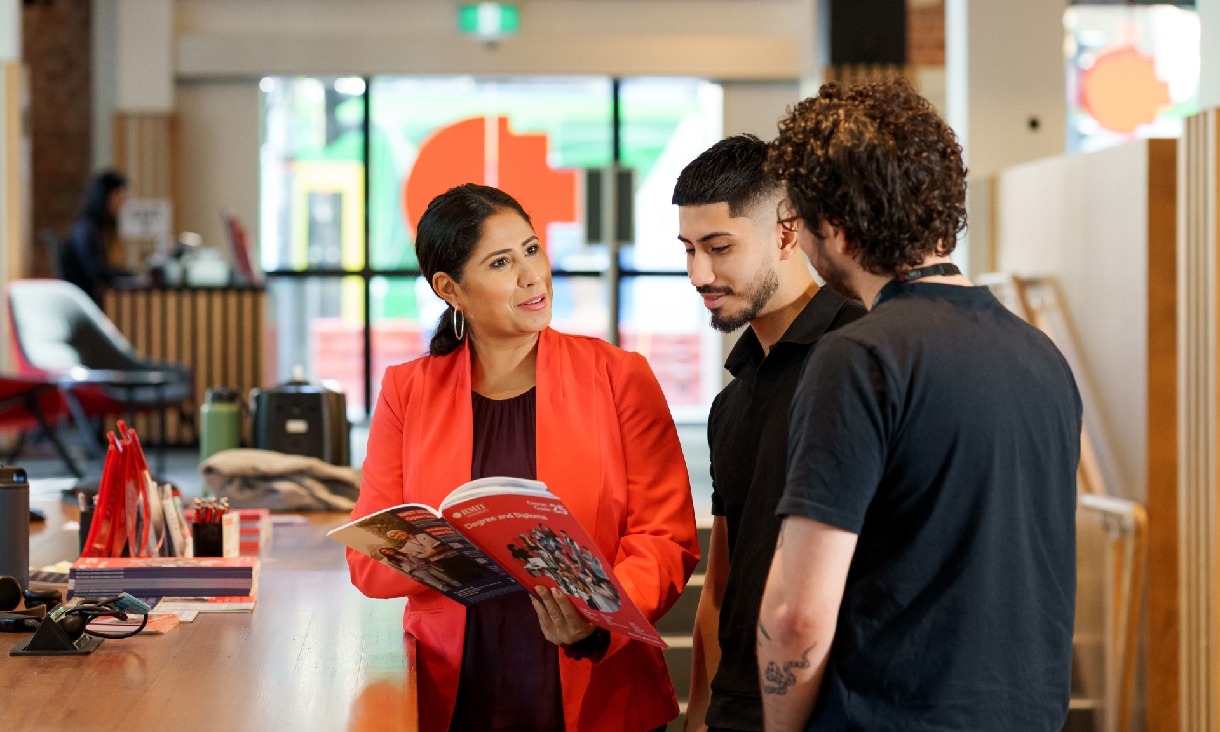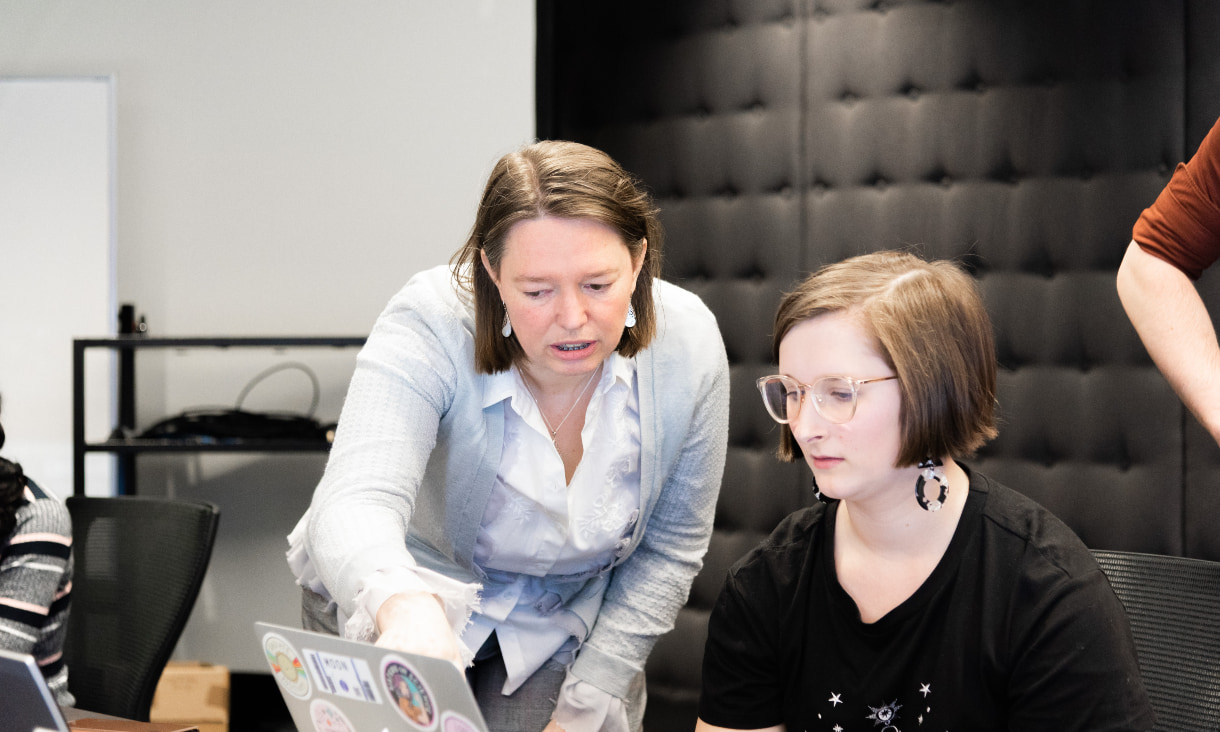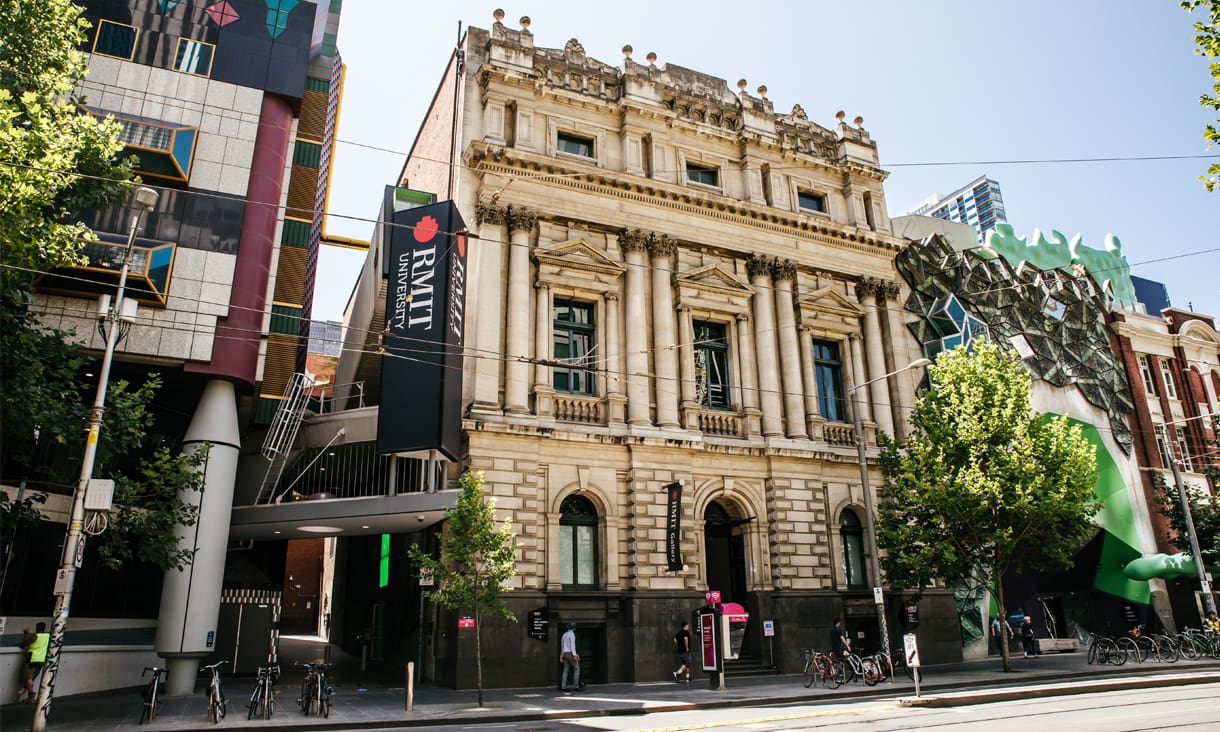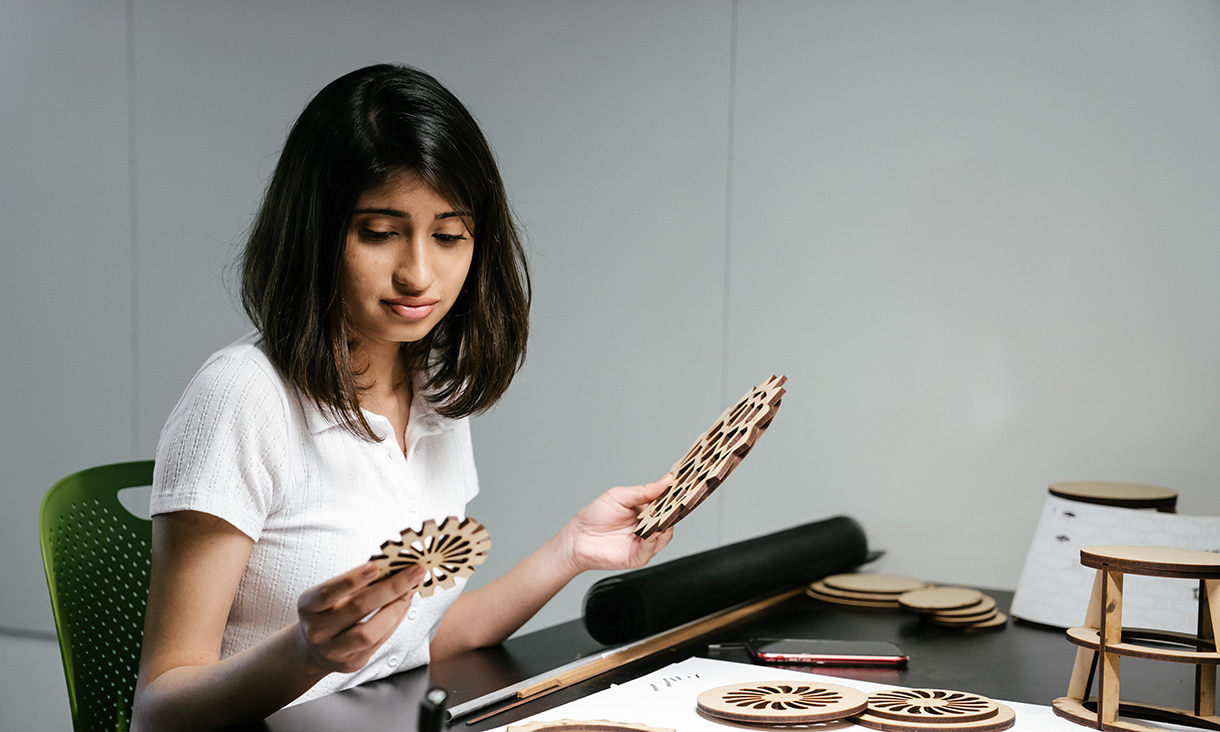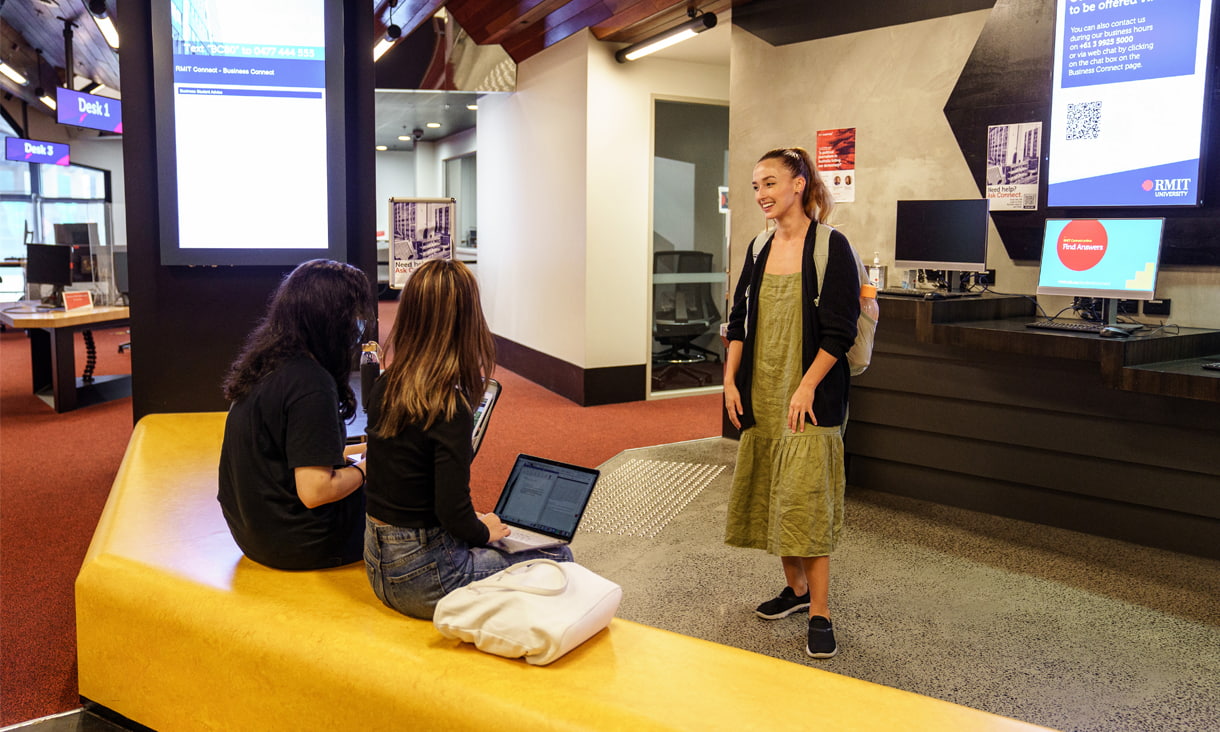Your guide to VTAC and RMIT terms
Uni lingo can seem like an entirely different language sometimes, but with this glossary, you’ll be fluent in no time.
Equitable learning and disability support that empowers RMIT students
RMIT’s Equitable Learning Services (ELS) provide learning and disability support that empowers students to achieve their goals.
How your teen can get into uni without an ATAR
The perfect exam score isn’t the only way into a uni course. Your teen may be wondering how to get into uni without an ATAR, without even realising that some of the university pathways provide more benefits.
